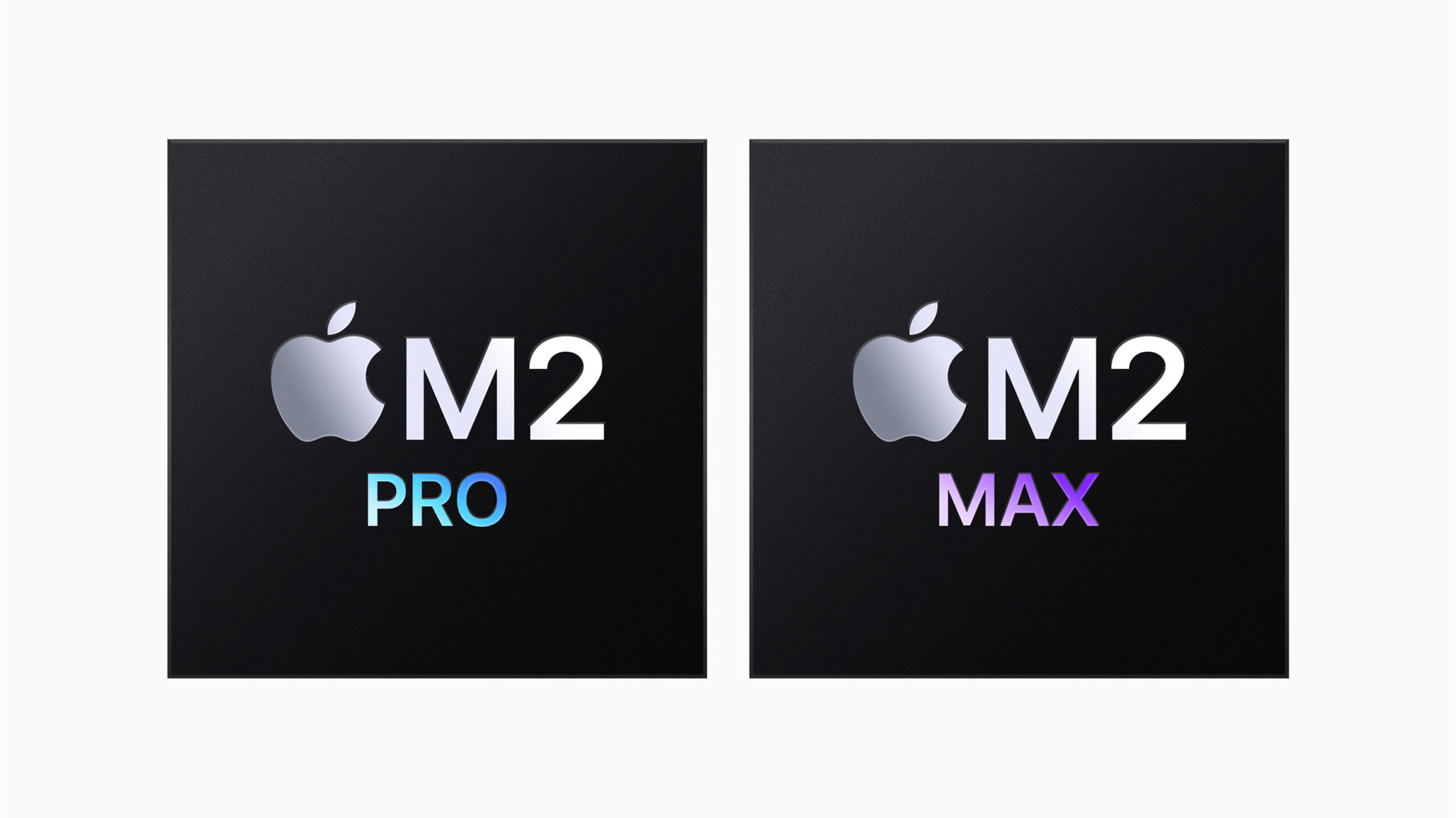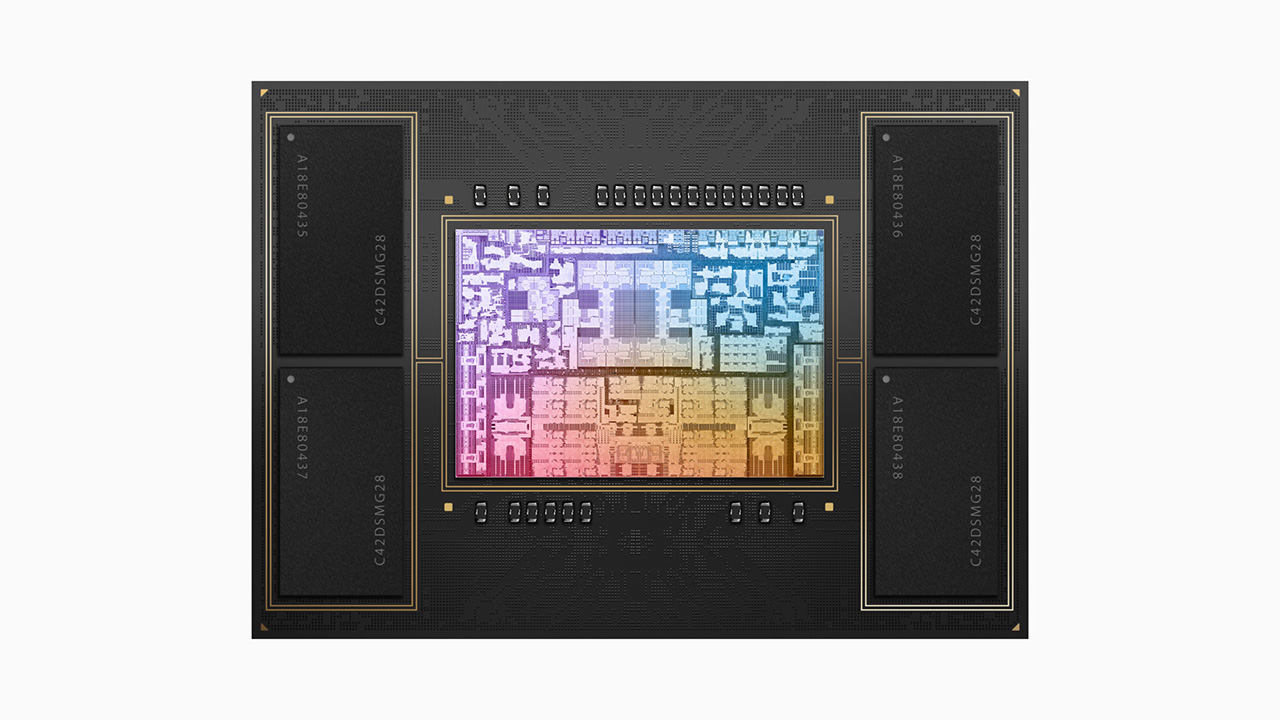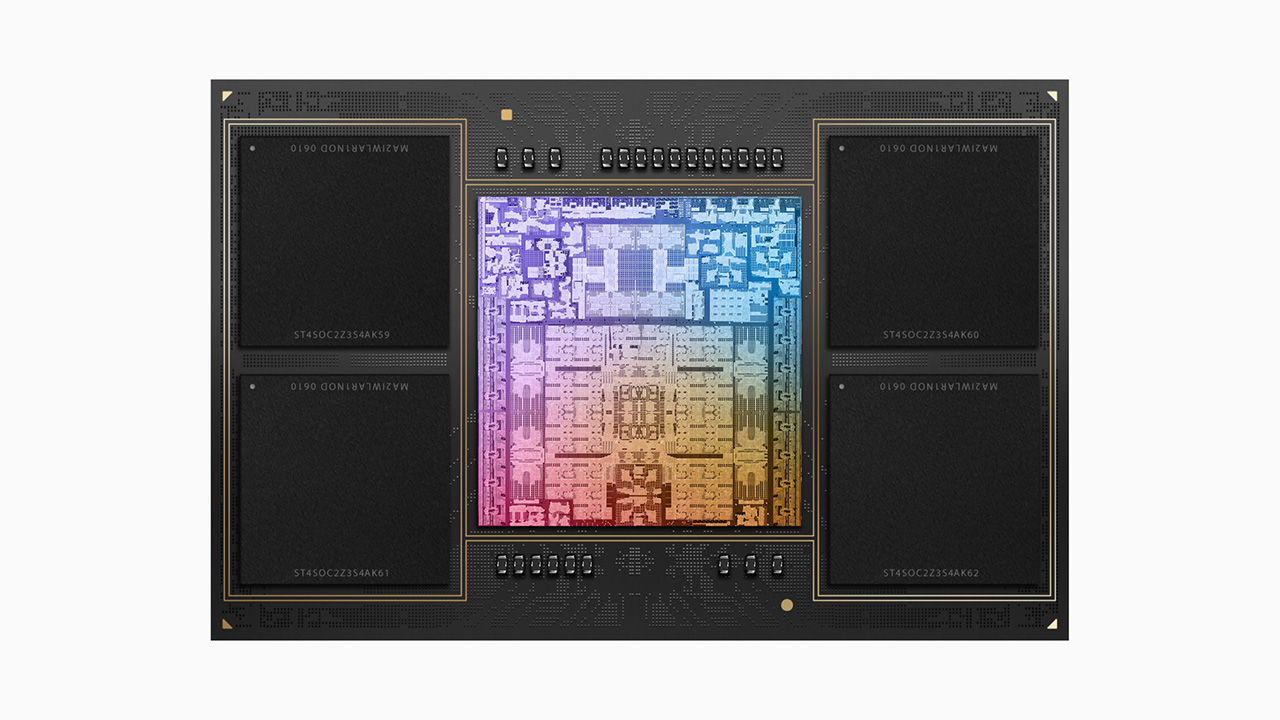
Apple has announced its M2 Pro and M2 Max chips, alongside new MacBook Pro (2023) and Mac mini (2023) models.
According to a press release, the M2 Pro chip scales up the M2 architecture to offer an up to a 12-core CPU and up to a 19-core GPU alongside up to 32GB of unified memory. The M2 Max, on the other hand, offers up to a 38-core GPU, double the unified memory bandwidth and up to 96GB of unified memory. Moreover, both chips include a faster 160core Neural Engine as well as Apple’s media engine.
Apple says that the M2 Pro chip brings “pro performance to Mac mini for the first time,” while the M2 Pro and Max will boost the power of the 14- and 16-inch MacBook Pro models.
The new MacBook and Mac mini will be available starting January 24th and are available to order now on Apple’s website.
Pricing is as follows:
MacBook Pro 14-inch
- M2 Pro (10-core CPU, 16-core GPU) with 16GB memory, 512GB SSD – $2,599
- M2 Pro (12-core CPU, 19-core GPU) with 16GB memory, 1TB SSD – $3,299
- M2 Max (12-core CPU, 30-core GPU) with 32GB memory, 1TB SSD – $4,099
MacBook Pro 16-inch
- M2 Pro (12-core CPU, 19-core GPU) with 16GB memory, 512GB SSD – $3,199
- M2 Pro (12-core CPU, 19-core GPU) with 16GB memory, 1TB SSD – $3,449
- M2 Max (12-core CPU, 38-core GPU) with 32GB memory, 1TB SSD – $4,499
Mac mini
- M2 Pro (10-core CPU, 16-core GPU) with 16GB memory, 512GB SSD – $1,699
Variants with the M2 chip are also available
M2 Pro
Apple says the M2 Pro is built on second-gen 5nm process technology and consists of 40 billion transistors, almost 20 percent more than on the M1 Pro and double what was available on the regular M2 chip. The M2 Pro also sports 200GB/s of unified memory bandwidth, double what was available on the M2.
As for the CPU, Apple says it consists of up to eight high-performance cores and four high-efficiency cores, offering up to 20 percent faster multithreaded CPU performance compared to the 10-core CPU in the M1 Pro. Apple also said heavy Photoshop workloads run “faster than ever,” while compiling in Xcode is up to 2.5x faster than on the fastest Intel-based MacBook Pro.
Moving to the GPU, the M2 Pro offers up to 30 percent faster speeds compared to the M1 Pro. Apple says this results in a “huge increase” to image processing performance, and it enables “console-quality gaming.”
M2 Max
Apple’s new M2 Mac chip sports 67 billion transistors, 10 billion more than the M1 Max and over three times more than the M2. It also sports 400GB/s of unified memory bandwidth (double that of the M2 Pro and four times more than the M2), along with up to 96GB of unified memory.
While the M2 Max sports the same 12-core CPU as the M2 Pro, it offers a more powerful GPU with up to 38 cores. Paired with a larger L2 cache, Apple says the M2 Max offers up to 30 percent faster graphics speeds than the M1 Max.
Other new capabilities
Apple also detailed several updated custom technologies available in the chips. For example, both the M2 Pro and Max offer the next-gen Neural Engine with 16 cores. It’s capable of 15.8 trillion operations per second and is up to 40 percent faster than the previous generation. The Neural Engine can also work with the latest image signal processor (ISP) to enhance camera image quality.
Apple also touted the benefits of the M2 Pro’s media engine, which enables playback of multiple streams of 4K and 8K ProRes video with minimal power use. The M2 Max sports two video encode engines and two ProRes engines, offering two times faster video encoding than the M2 Pro.
Finally, Apple highlighted the benefits of using M2 Pro and Mac with macOS Ventura, as well as how energy efficient the chips are — Apple claims the new MacBook Pro offers up to 22 hours of battery life.
Find all new Mac minis here.
Find the all-new 14-inch MacBook Pros here, and for 16-inch variants, click here.
MobileSyrup utilizes affiliate partnerships. These partnerships do not influence our editorial content, though we may earn a commission on purchases made via these links that helps fund the journalism provided free on our website.
Images credit: Apple
Source: Apple
MobileSyrup may earn a commission from purchases made via our links, which helps fund the journalism we provide free on our website. These links do not influence our editorial content. Support us here.




